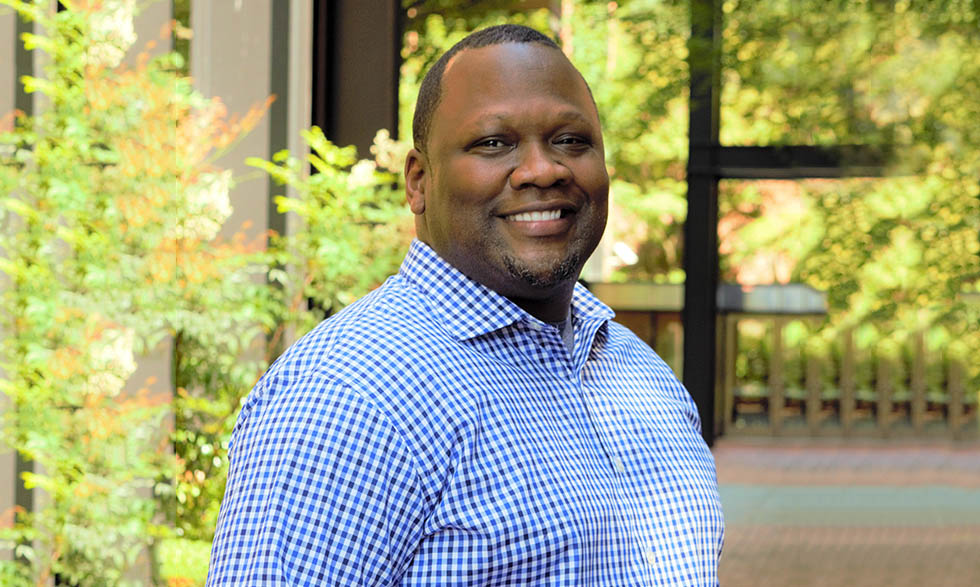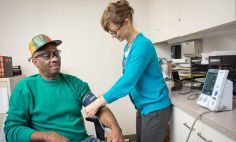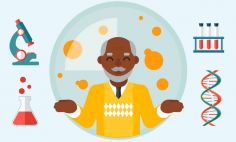Stephaun Wallace, Ph.D., M.S., has spent much of his life thinking about infectious diseases.
He is a research epidemiologist, or scientist who studies diseases and how they spread, at the Fred Hutchinson Cancer Research Center at the University of Washington. Last year he started coordinating COVID-19 trials around the world through the National Institutes of Health (NIH)-supported COVID-19 Prevention Network. He also experienced COVID-19 in a personal way by joining a COVID-19 clinical trial.
Considering a clinical trial
Before participating, Dr. Wallace says he called the clinical trial site staff, asking questions about trial registration and requirements.
He also realized that, as a person of color who meets with diverse communities in his work, being a trial participant could help him address mistrust, due in part to historical ethical offenses and betrayals by medical institutions.
"When we talk about the past, there are parts that impact people whether they experienced those events or not," Dr. Wallace says.
"I thought about what would represent the greater good for me as well as for the community," he added. "I say this as someone with two master's degrees, a Ph.D., and tons of experience talking about this globally. Yet I still sat there as a Black man, wondering, ‘What does this really mean for me?'"
Ultimately, he decided to join the trial. He thought about how meaningful it was for science, and for diverse representation in clinical research.
By participating, "I felt like I could also show people what this means and what this looks like, in addition to talking about it in various spaces," Dr. Wallace says.
The NIH Community Engagement Alliance (CEAL) Against COVID-19 Disparities was developed to address COVID-19 trials and research mistrust and misinformation. CEAL focuses on underrepresented communities including Black, Hispanic/Latino, and American Indian/Alaska Native populations. The CEAL website offers tools for researchers and scientists to support and inform these communities.
Clinical trial experience
Dr. Wallace was part of the Novavax trial. It was a double-blind study, meaning one group got the vaccine and one got a placebo (a shot with no medication). Dr. Wallace says he had very few side effects, other than a mild headache, which made him wonder if he might have been part of the placebo group.
He later learned that he was in the vaccine group. The results of the phase 3 trial, announced in January 2021, indicated an 89.3% effectiveness. The results pleased Dr. Wallace, though he said he would have been supportive regardless.
"The goal of phase 3 trials is to determine if something does, in fact, work," he said. "I'm glad [this vaccine] did, and did it reasonably well. But even if it had not, I would have been glad to be part of something that contributed to science and to responding to this pandemic."







